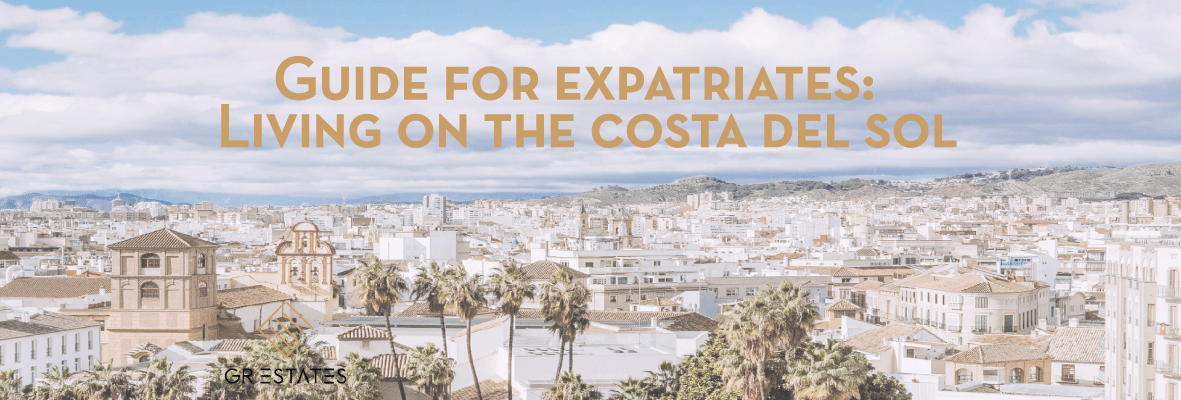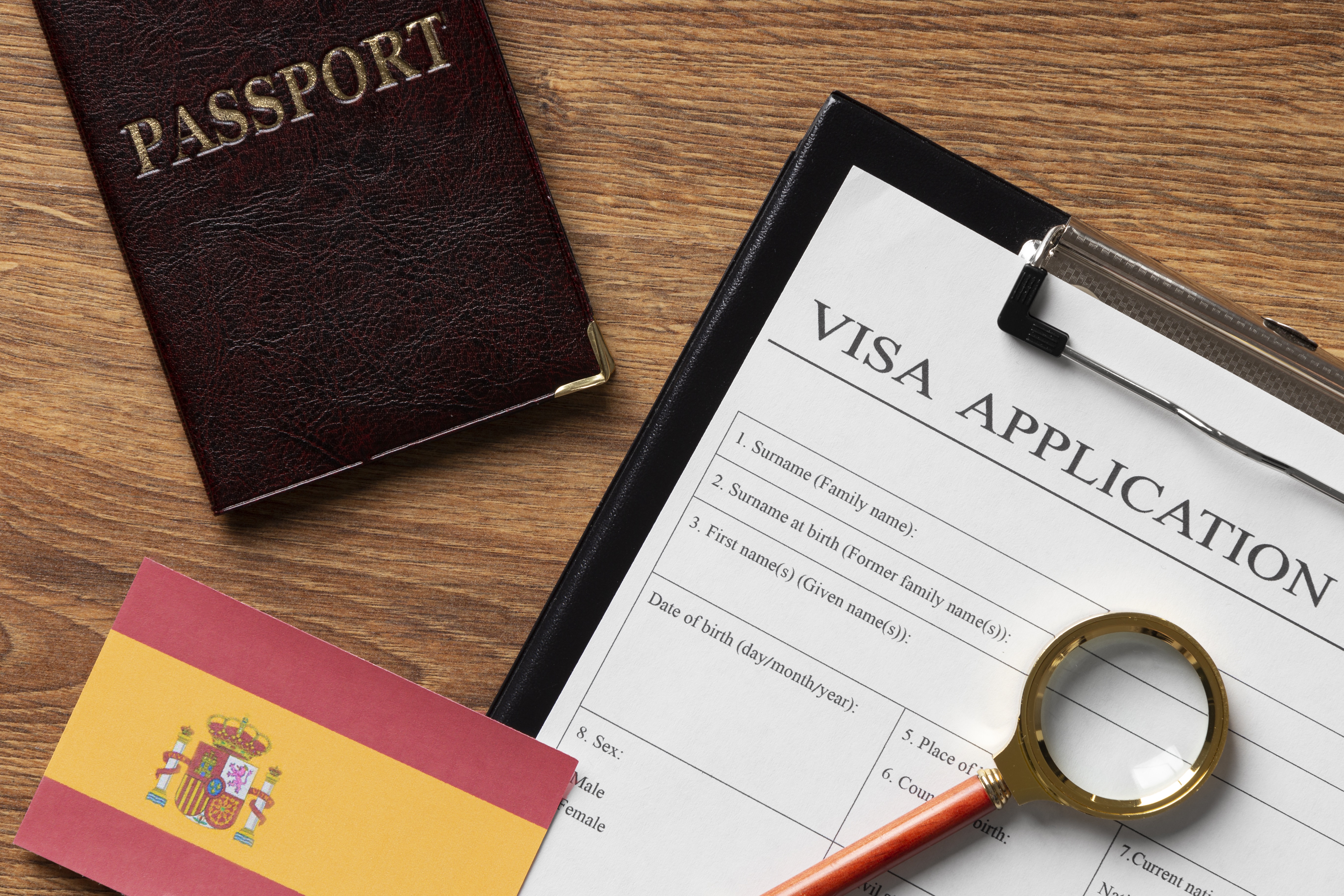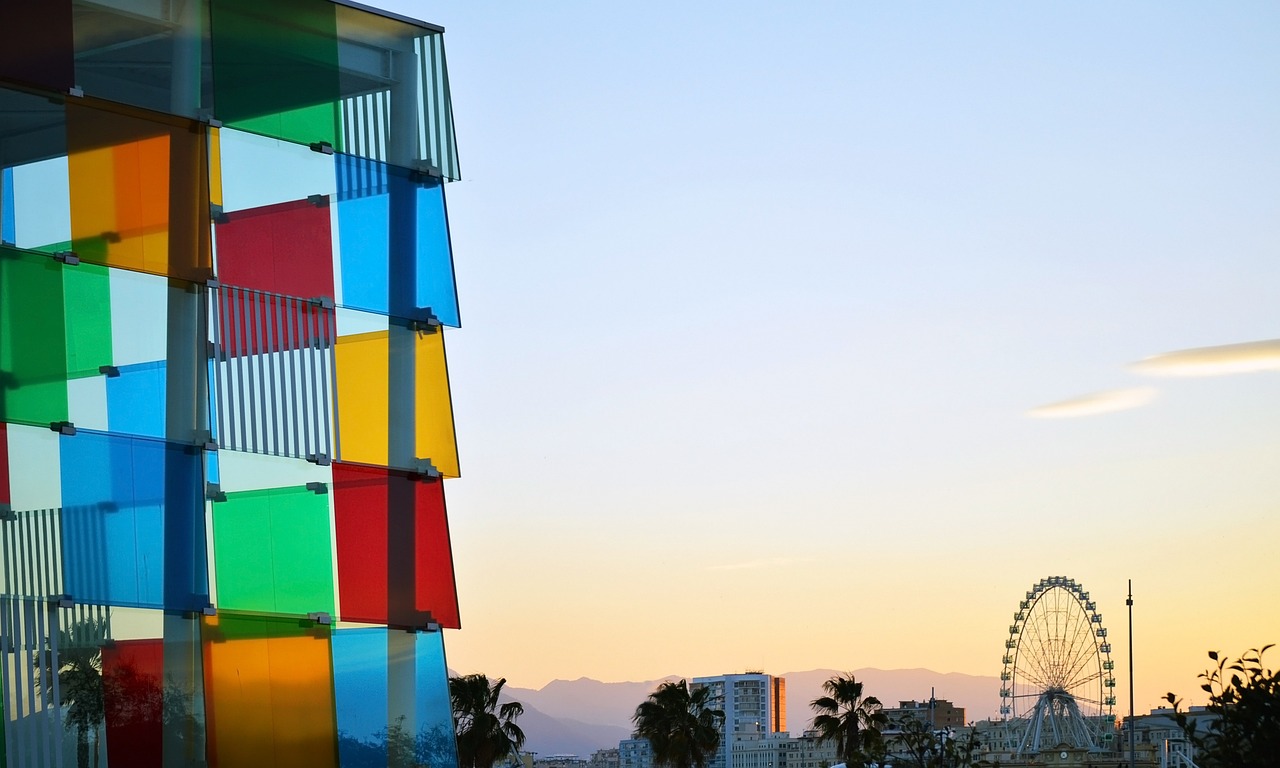Expatriate Guide: Living on the Costa del Sol | GR Estates 20/06/2024

Moving to the Costa del Sol: Living and Working Here
Moving to the Costa del Sol is an exciting decision for many expatriates looking for a sunny and relaxed lifestyle by the Mediterranean Sea. With its warm climate and vibrant cultural life near the sea, this region of southern Spain attracts people from all over the world. In this guide by GR Estates, we offer you essential tips and resources to ease your transition and help you integrate into the local community.
Visas and Residence Permits
Before moving to the Costa del Sol, it is crucial to understand the visa and residence requirements. Depending on your nationality and the length of your stay, the procedures may vary:
- EU/EEA Citizens: Citizens of the European Union and the European Economic Area do not need a visa to reside in Spain. However, they must register with the Foreigners' Office and obtain a Foreigner Identification Number (NIE).
- Non-EU Citizens: If you are not an EU citizen, you will need a long-term visa. The most common ones are the work visa, student visa, and non-lucrative residence visa. Once in Spain, you must apply for a residence card (TIE).
Finding Work on the Costa del Sol
The Costa del Sol offers various job opportunities, especially in sectors such as tourism, hospitality, and services. Here are some tips for finding employment:
- Job portals: Use portals like InfoJobs, Indeed, and LinkedIn to search for job offers. You can also check specific job sites in Spain such as Trabajos.com and Monster.es.
- Networking: Attending networking events and joining expatriate groups on social media can be very useful for meeting other professionals and discovering job opportunities.
- Employment agencies: Consider registering with local employment agencies that can help you find jobs that match your profile.
Education and Schools
If you are moving with your family, finding a good school for your children will be one of your main priorities. The Costa del Sol has a wide range of educational options:
- Public schools: Public schools in Spain are free and offer quality education. However, the language of instruction is Spanish.
- International schools: There are several international schools on the Costa del Sol offering curricula in English, German, French, and other languages. Some of the most renowned are Aloha College, Sotogrande International School, and British International School of Marbella.
- Recognition of qualifications: If your children have studied outside Spain, you may need to have their qualifications recognised so that they can continue their education here.
Integrating into the Local Community
Integrating into a new community can take time, but there are several ways to make this process easier:
- Learning the language: Although many locals speak English, learning Spanish will help you integrate more easily and enjoy the local culture. Consider enrolling in Spanish classes for foreigners.
- Participating in local activities: Joining clubs, associations, and participating in local events is an excellent way to meet people and make friends. The Costa del Sol offers a wide variety of activities, from water sports to book clubs and cooking classes.
- Expat networks: Connect with other expatriates through social media and online forums. Facebook groups like "Expats in Costa del Sol" can be very useful for getting advice and support.
Housing
Finding the perfect place to live is essential. The Costa del Sol offers a wide variety of options, from apartments in the city centre to villas by the beach:
- Real estate agencies: Work with local real estate agencies like GR Estates to find properties that suit your needs and budget.
- Popular areas: Fuengirola, Marbella, Málaga, and Estepona are some of the most popular areas among expatriates due to their excellent services and quality of life.
- Rent or buy: Decide whether you prefer to rent or buy a property. Both options have their advantages depending on your situation and long-term plans.
Healthcare and Medical Insurance
Spain has a high-quality healthcare system. As an expatriate, it is important that you have access to adequate medical care:
- Public health system: If you are a legal resident, you can access the Spanish public health system. Make sure to register at the health centre closest to your home.
- Private health insurance: Many expatriates opt for private health insurance to avoid waiting lists and have access to additional services. Companies such as Sanitas, Mapfre, and Adeslas offer health insurance for expatriates.
Culture and Lifestyle
Living on the Costa del Sol is not just about work; it is also about enjoying the Mediterranean lifestyle:
- Gastronomy: Enjoy the delicious local cuisine, including tapas, paella, and fresh fish. Visit local markets and restaurants to experience Spanish gastronomy.
- Outdoor activities: Take advantage of the sunny climate to enjoy outdoor activities such as hiking, cycling, and water sports. The region has numerous natural parks and stunning beaches.
- Festivals and traditions: Participate in local festivals and traditions, such as the Málaga Fair, Holy Week, and the San Juan festivities. These celebrations will allow you to immerse yourself in the local culture.
Moving to the Costa del Sol is an exciting adventure that offers an exceptional quality of life. With the right information and resources, you can make a smooth transition and enjoy everything this beautiful region has to offer. If you need more information or assistance with any aspect of your move, do not hesitate to contact us at GR Estates. Welcome to your new home on the Costa del Sol!
The GR Estates team



